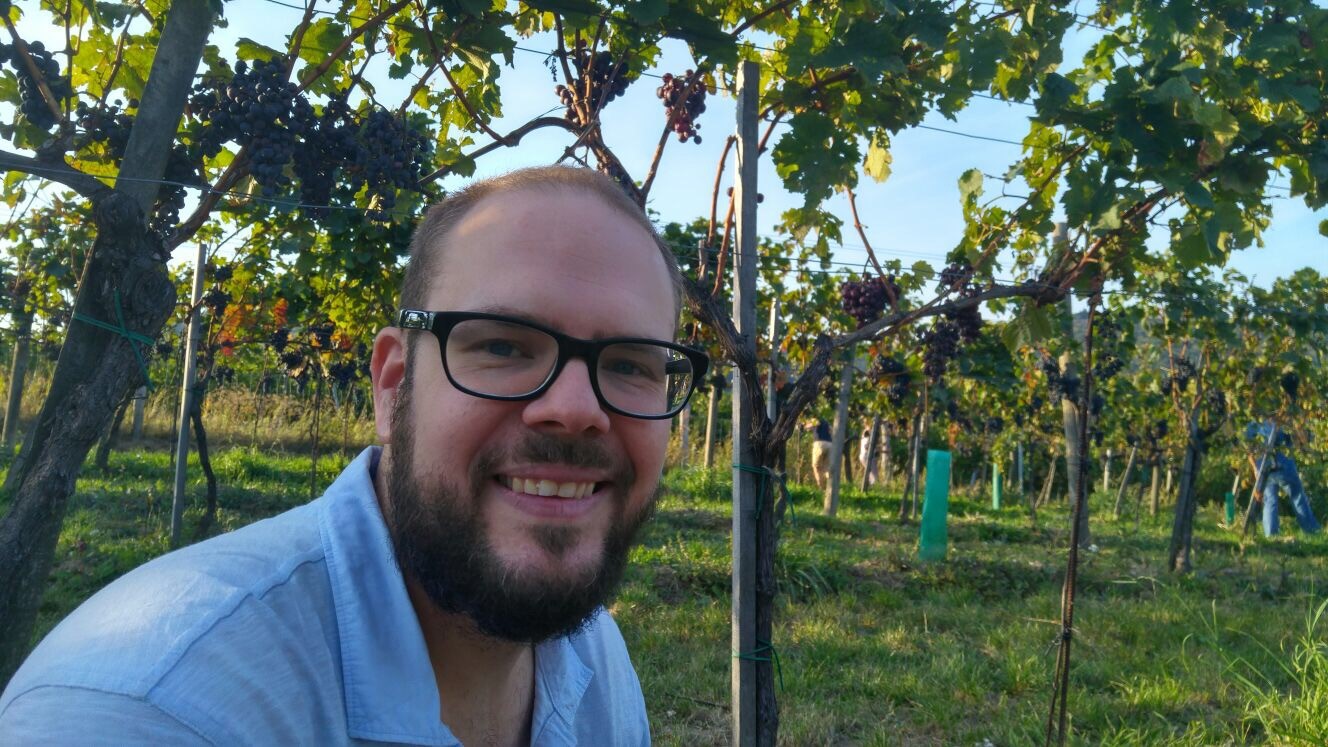by Erik Aarden

Many of the issues that form interesting topics of research are located at the intersection of different disciplines. For example, I am trained in science and technology studies (STS), but much of my research on medical innovation brings together topics that also motivate medical researchers and public policy scholars. As a result, there is much to gain from writing for diverse and interdisciplinary audiences. I am therefore glad to share some thoughts on how to make insights of interest beyond the borders of one’s own field:
State a clear problem
This point may seem self-evident, but it is important to keep in mind that the problems that motivate research in your discipline are not necessarily those that interest a wider audience. I have therefore found it useful to think about my research in terms of broader public problems. For example, the question how genetic technologies affect health care access is one for which I found receptive audiences in various disciplines.
Don’t be afraid of theory
My second suggestion may seem counterintuitive, since particular theoretical traditions or controversies are often very discipline-specific. Nevertheless, it helps to clearly locate your own perspective in a particular intellectual tradition and it can support your attempt to bring novel insights to a different field. Of course, readers of (for example) medical journals are probably not interested in a detailed exegesis on a particular school of thought – but present your materials through a broader framework, and they may just begin to think differently about other examples that are more or less similar to yours.
Know your strengths
When publishing in other disciplines, we both know more about certain aspects of the things we are writing about than our readers, but at the same time our intended audience is more knowledgeable about other aspects of the problem. One of the things I thus find most challenging is to be taken seriously in terms of what I have to say, while avoiding being ‘exposed’ as a clueless outsider. I therefore try to strike the right balance between trust in the expertise of my audience and in my own. For example, in my prize-winning paper, I try to avoid questioning health policy scholars’ expertise on the intricacies of health policy making, but do think I have something helpful to say about the particularities of novel technologies for health care access.
Note: This blogpost was originally published on the Taylor & Francis Author Services blog. I was invited to share some ideas on successful writing on the occasion of winning the Critical Policy Studies Early Stage Career Researcher Prize. You may find the original post here.
Erik Aarden is a postdoc at the Department of Science and Technology Studies of the University of Vienna, Austria. He obtained his PhD from Maastricht University, the Netherlands in 2010 with a study of the integration of genetic diagnostics in three European health care systems and has since continued (mostly comparative) research on the intersection between biomedicine, political institutions and social justice. He has previously been a postdoc at RWTH Aachen University, Germany and a Marie Curie fellow in Maastricht and at Harvard University, US. An article on the basis of his doctoral research was recently awarded the Critical Policy Studies Early Career Stage Researcher Prize.